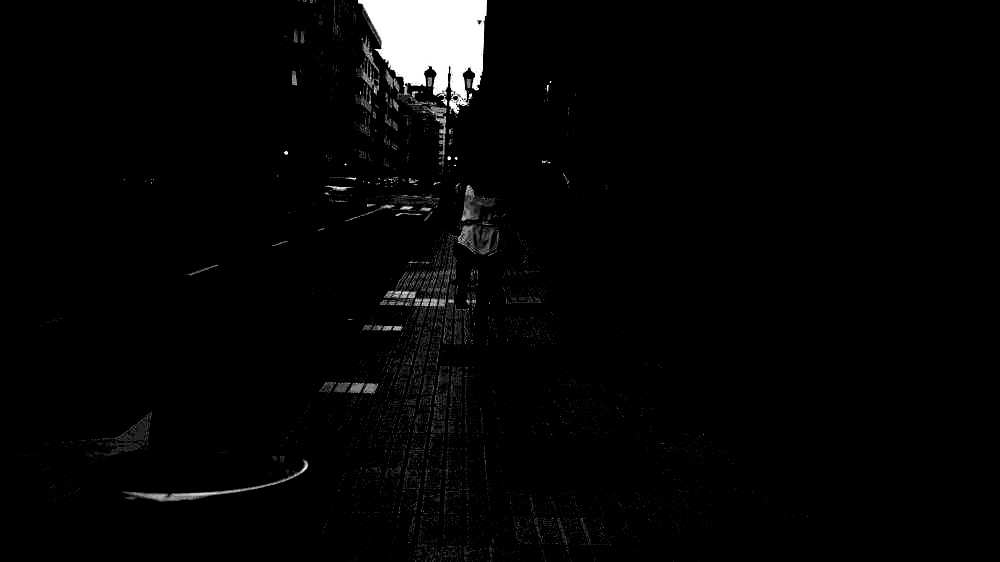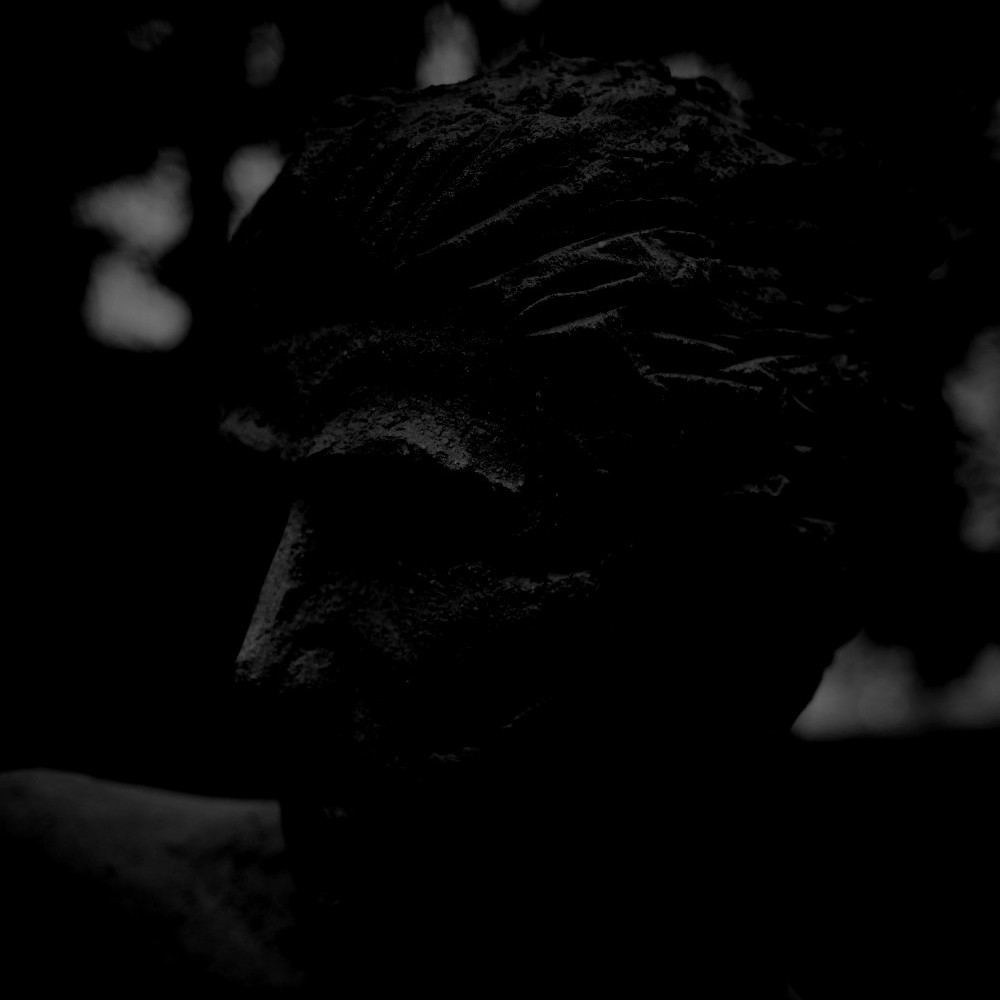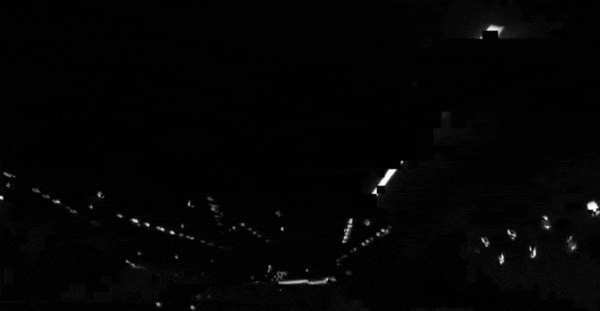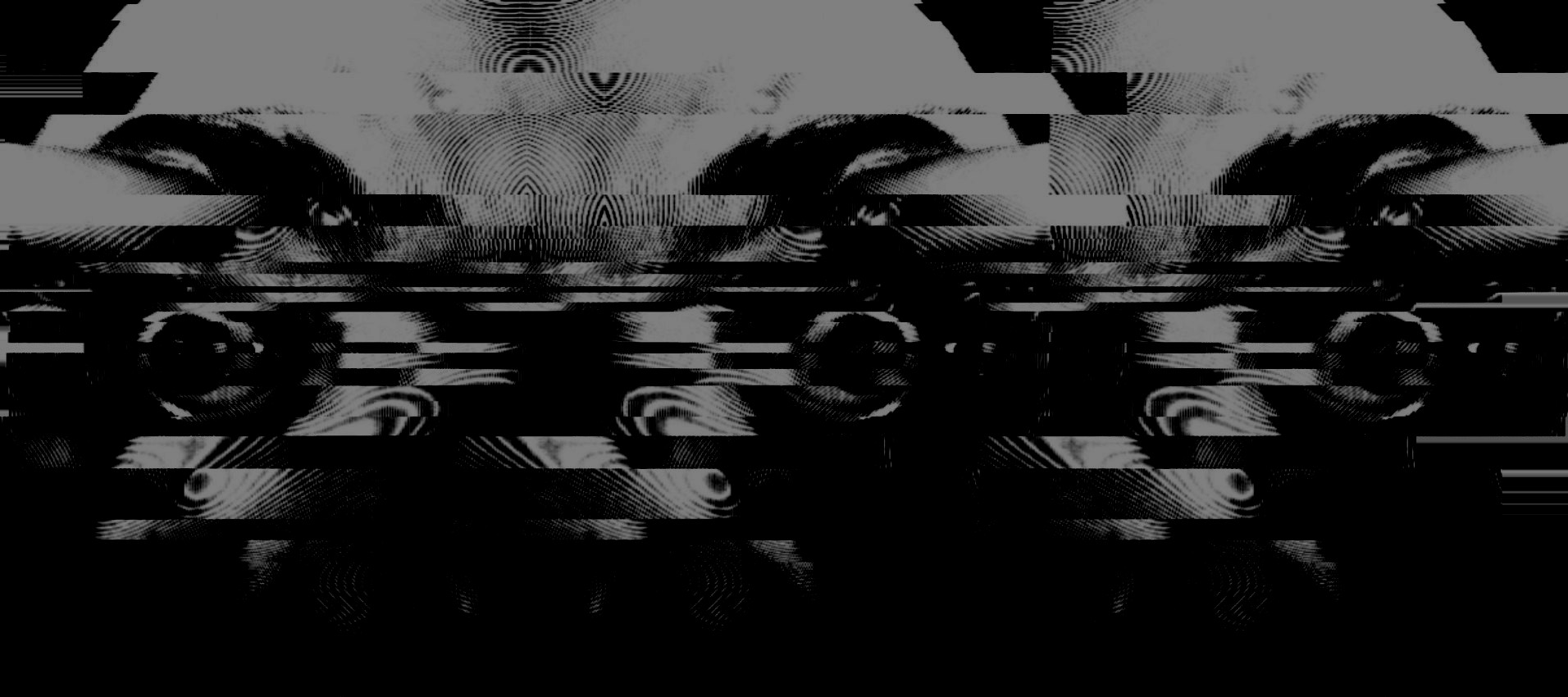"Let the good times begin"
To the disinterested trickle of tourists, commuters and vagrants, whom I presently stride amongst, a little shop window sign bellows the banality: "let the good times begin". I have always been suspicious of advertisers, with their winking suggestions and vague, empty promises. The adjoining building is marked with an equally inscrutable insignia, an ashen scrawl of years-old graffiti reading "CLEMPS", or is it "CHEMPS"? A nickname, perhaps, or maybe an initialism for something or other? The "C" and its indeterminate neighbour could perhaps denote Central London, but then—the thought is drowned out by the shrill, staccato beep of a pedestrian crossing. I've grown accustomed to being yanked cruelly from such reveries by so-called "circumstance": whose beautifully simple etymology I enact idiomatically, inexplicably, rather than crossing the road. It's been months since I've felt alive.

A young couple trace a carefree arc through a brief pause in the flow of traffic, a commingled shadow of indistinct limbs stretching backward to bisect neatly the road behind them.
A bright flicker of sunlight laps across their smoothly contoured faces, belying the subtle beatitude of existential certainty, but otherwise leaving their inner lives hopelessly inscrutable. I try to decipher in the man's fleeting backward glance some hitherto unexpressed melancholia, perhaps: the torpor of the head-turn, the infinitesimal downturn of the mouth, but, in the absence of the eyes—occluded by sleek, black aviators—the endeavour has the reek of charlatanry, of self-deception. Perched on the kerb a little way back, a man navy hoodie, thin sideburns gazes vaguely upwards as though waiting for a sign.
The bright blob of an afterimage
The three-dimensionality of the world is for the most part a dull banality, an essential fact of existence that demands one's attention only occasionally, as when tripping over a tree branch or trembling atop a tower. Presently, most waking moments are superimposed with something like this sensation—textures and protuberances sharpened by an invisible hand scream at the forefront of consciousness, divorced entirely from their parallel (non)reality with its reasons and its meanings.
Following the promise of that conspicuous, still illumined cheekbone into the road and over the shoulder of a stuttering silver SUV and into a briefly visible pocket of passing pedestrians, I am stricken at once by the briefest flash of familiarity: a rush of immediate colour through a jagged, twitching aperture torn temporarily in the dream-blackness of everything. In the span of a single saccade the impression is all but gone; I find myself staring vainly at the bright blob of an afterimage.
In this state, the mind offers fragmentary, kaleidoscopic confirmations of what the body has arrived at already by instinct (and is, in any case, too preoccupied to take notice of). Only when the latter has settled into some semblance of a regular rhythm do Cartesian dualism's co-starring couple compare notes, so to speak—make sure everyone is on the same page, to extend the metaphor. On this particular page, and in fact on every other page too—whether folded-over in a footnote or struckthrough with a scribble (but by whom?)—is the singular word: "Marie".
What one memory does the name evoke in me, more strongly than any other? All is well and good when writing for the benefit of some hypothetical reader: we can select a few examples and offer them up as an adequate adumbration of personhood. But what's the truth of it all? The truth is that her name conjures a much more general impression of her, for how, when someone has been everything, how do we thumb through isolated scenes, hold them aloft and say to someone "this—this was my Marie"?

Recollections
Scene One.
A woman reclines on the sturdy marble sill of an arched window in a beachfront apartment in northern Sardinia. A silver-grey fleece blanket is pulled loosely around her lower half, and her slender hands clasp an oversized, bulbous coffee cup.
Turned away with a half-smile of general contentedness, she gazes toward a misted gradation of pale azure and soft cerulean, which sight alone can scarcely sort as sea or sky.
"Mon petit Pierre", she begins after a long pause, "this is something that everyone thinks about from time to time".
Drawing the cup gently to her faintly sun-chapped lips and hesitating just before taking a first sip, she adds plainly "I think about it too".

Scene Two.
"What are you reading, darling?", Marie enquires, setting down her phone on the sofa's sturdy arm and glancing towards me.
The lambent moon of each soft umber eye is kindness and comfort incarnate, the affectionate sparkle in each blushing iris bleeding beyond its smoothly rounded perimeter and suffusing her whole face with its warmth.
We've fast-forwarded through three years. I'm hunched over at my desk engrossed in a cybersecurity forum and feeling a peculiar but not entirely unwelcome weightlessness, as though the chair and floor beneath me are not there at all—as though my physical body makes no discernible impression whatsoever on the world around it, and that I might accordingly never need to move again.
The lies we tell
At a rainbow's end folk mythology makes, to the curious child, the impossible promise of a pot of gold. With time, of course, we come to learn that the rainbow never had an end. Thusly my search for Marie has neither end nor beginning; even in my very earliest memories, I've always been running—but then, when did Marie exist? When did Marie and I exist? My recollections of those days have a non-autobiographical quality: the uncanny cinéma vérité of a loaned home movie, whose cadence is somehow familiar but whose every other detail is as engimatic as it is benign. Why then do we promise pots of gold to children who would seek out the end of the rainbow? To encourage them to continue searching, perhaps, to chase with fervour an illogical dream—to keep alive a notion of something more, something always, and inevitably, just out of reach. Is this not what the greatest love stories are all about?
Could it really have been her? Here, of all places? But how—no, there isn't time for idle speculation. What if it really is her, and I stand here a motionless martyr for logical consistency? At once, I run with such vigour that my eagerly flailing limbs fail to keep up with the desperate, rapid panic of thought then, as in a glitching and buffering video, speed up over a frenzied few frames to clumsily resync. I thunder and zigzag through a sea of shoppers' shoulders, shouting a flurry of sorries more in general acknowledgement of the chaos caused than in apology for any particular indiscretion. Ahead, the serpentine mass of a queue stretches in a jumbled slither from the double doors of an upmarket department store across the path in front of me. I bound into the road and weave around a parked car, then between a pair of stopping cyclists, arriving at a junction to coincide with a brief pause in the throb of perpendicular traffic. Reaching the other side, I stamp to a stop with a wheezy splutter of frustrated exhaustion. Left, right, or straight on? Gehen Sie nach links, rechts oder geradeaus? A physical realisation at last of that imagined quandary, rehearsed endlessly in Herr Schmidt's year 9 German. A chance flicker of light, a blur of indeterminate movement offers scant hope. Rechts. I stride down the empty alley, at pace sustained by desperation more than firm belief. Narrative convenience would place a dead-end in my path at approximately this moment, imposing upon my fruitless search at least a certain finitude, but alas the alleyway extends far further than either my legs or hope will carry me.
Traps
Could I have been mistaken? Of course, and I would be a fool to proclaim otherwise. Our senses are imperfect, unreliable: sometimes they throw disguises at me and others they tell me only what I want to hear. In my youth, I used to speak of wanting to help shepherd people towards being the kind of people they were supposed to be—at least, so I felt. Do I still believe in that? It's impossible to say what I believe in anymore, really.
I know that she believed in it. Even as time and distance saw us grow further and further apart, I felt the ghost of her hand in mine, my tenderest tether.
"We're all in our private traps", so the famous line goes—"I was born in mine". While I chase down in vain the footsteps of her spectre the metaphysical conundrum of my own potential nonexistence seems almost academic, and there are hints of her everywhere. And every time, every time I end up back where I started, and alone. Do I not see the doomed dusk from the dawn? I do, but I might live forever in the spaces therebetween. Sometimes I'm stricken by the strange sensation that, as soon as I stop moving, I might cease to exist forever. Some omnipotent overseer might look down with pity at my senseless, static little self and see all at once and from every angle the perfect worthlessness of my being.

